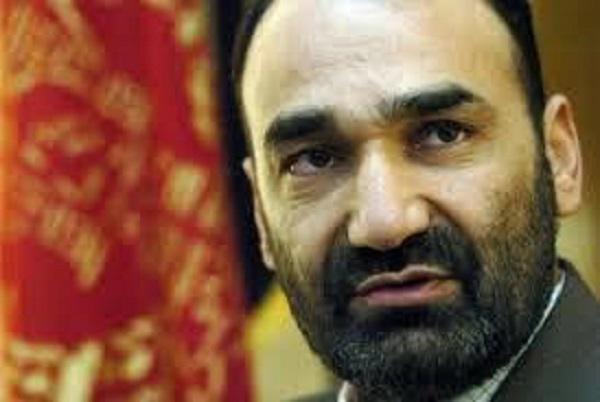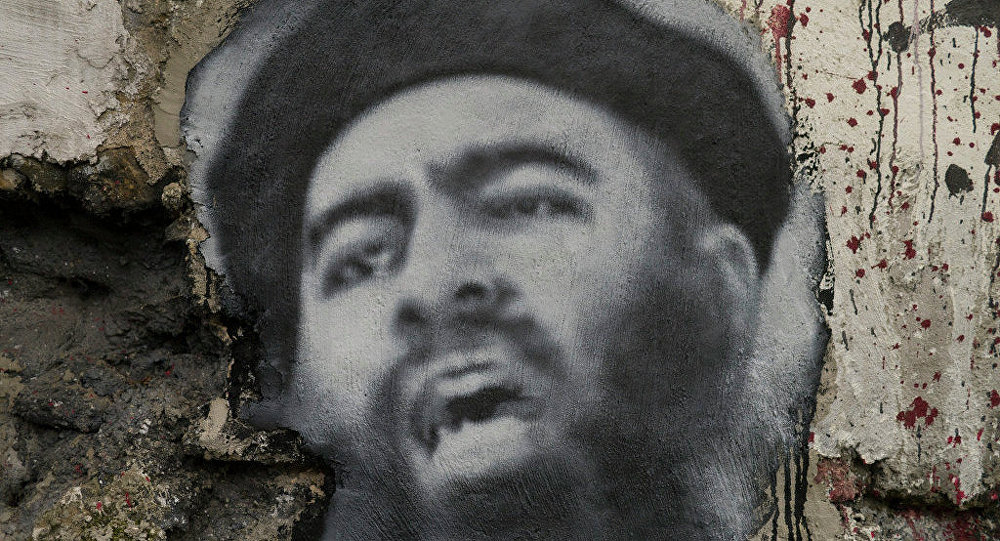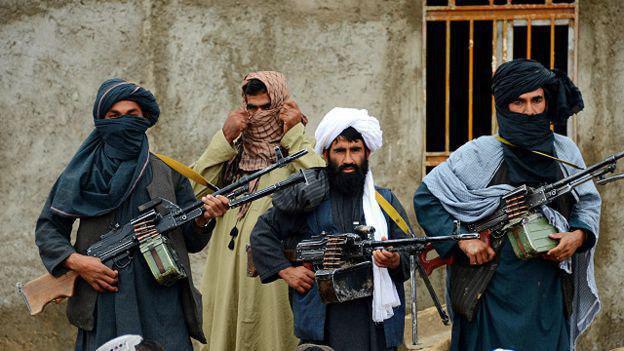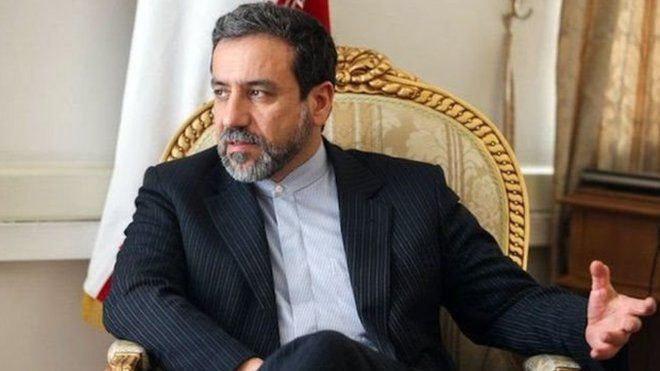Pakistani Religious Schools Increasingly Linked to Afghan Taliban
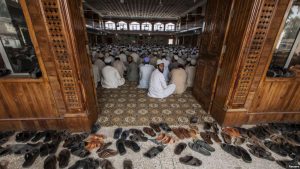 When Afghan intelligence officials, assisted by international investigators, probed a terror attack last month that killed five Emirati diplomats in Kandahar, they traced the suspects to a conservative religious seminary in Pakistan.
When Afghan intelligence officials, assisted by international investigators, probed a terror attack last month that killed five Emirati diplomats in Kandahar, they traced the suspects to a conservative religious seminary in Pakistan.
According to (DID) news agency report, quoted from (VOA), “The attack was planned in Mawlawi Ahmad Madrassa in Chaman, Quetta,” said Sediq Seddiqi, a spokesperson for the Afghan Ministry of Interior.
The investigation shed light on the increasing links of some madrassas — Islamic seminaries — in Pakistan with Afghan Taliban who are fighting the Afghan government and U.S.-led international forces in Afghanistan.
Thirty thousand madrassas operate across Pakistan, most of them legal and adhering strictly to religious teaching. But thousands of them are not registered with the government and are teaching grounds and recruiting points for militants and Taliban, according to Pakistan and Afghan intelligence officials.
Much of the militant activity is centered in Balochistan, where 5,500 madrassas operate as boarding schools. Many of them are kept from government scrutiny and are breeding points for terror.
Unregistered madrassas
Experts say the abundance of unregistered madrassas across the country has led to an increase in militancy in the Afghan-Pakistan region. The schools nurture militants’ ideology and provide foot soldiers for the Taliban, who have been engaged in a bloody insurgency with the U.S.-backed Afghan government for more than a decade.
“You can see madrassas in every street, and they are spreading extremism to every house, community and village of Pakistan,” Khadim Hussain, a Pakistani security analyst, told VOA.
According to Balochistan provincial government estimates, more than 5,000 Afghans are studying at madrassas in the province. The Taliban’s supreme leader, Mullah Haibatullah, reportedly operated a madrassa in Kuchlak, near the provincial capital, Quetta.
“There are 191 madrassas in my district, 21 of them unregistered, and some 20 percent of the enrolled students are Afghans,” said Qaisar Khan Nasir, a provincial official in Qilla Abdullah district, which has a Pashtun majority population and borders Afghanistan’s Kandahar province.
Washington and Kabul accuse Pakistan of harboring armed opponents of the Afghan government, including the Taliban’s Quetta Council, which is composed of Taliban leadership and the Haqqani Network.
Extremist groups who support militancy in Afghanistan and are U.S.-designated terrorist groups run countrywide networks of madrassas, according to American intelligence reports. Though banned in Pakistan, the groups operate under different names while supporting the Afghan Taliban.
Last year, the Khyber Pakhtunkhwa provincial government was scathingly criticized for a $3 million grant it allocated to the Darul Uloom Haqqania madrassa, a controversial Islamic seminary that some critics call the “University of Jihad.”
Funding connections
Both Mullah Omar and Jalaluddin Haqqani — founders of Afghanistan’s Taliban and the lethal Haqqani Network, respectively — are believed to have studied in the Haqqania madrassa. Taliban leader Mullah Akthar Mansoor, who was killed in a U.S. drone strike in May, also may have been a former student.
“The funding these madrassas receive usually originates from Arab and some other countries, and we’re aware of it,” Amin-ul-Hasnat Shah, Pakistan’s state minister for religious affairs, told VOA. “The government is monitoring the money trail and how this money is spent and utilized by the madrassas. We want to ensure that these funds are not used for any suspicious activity or to promote extremism through Islamic seminaries in Pakistan.”
Muhammad Mir, a madrassa principal and member of a madrassa committee in Baluchistan, said he hoped the government would keep its promise to clean up radical religious schools.


